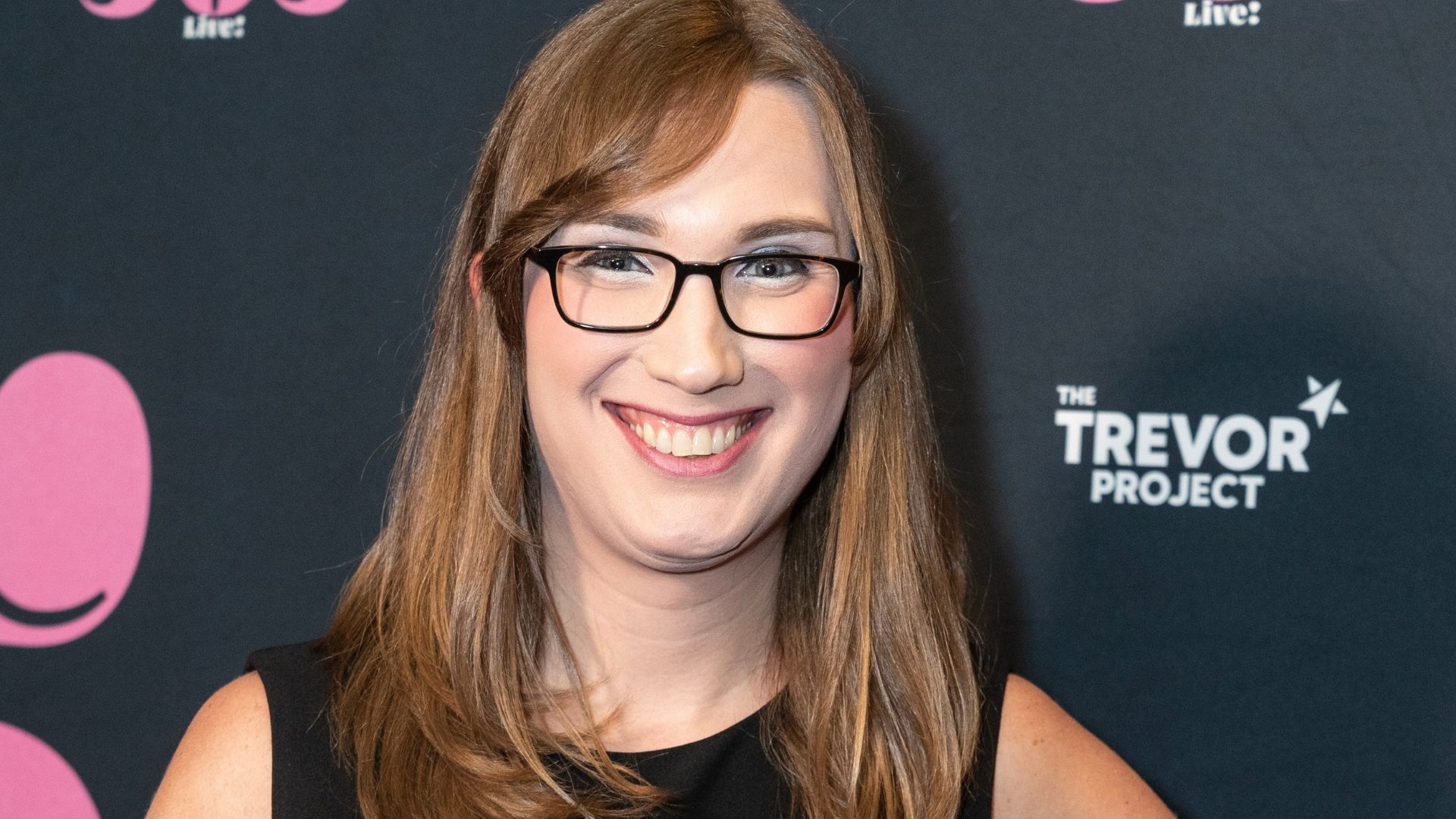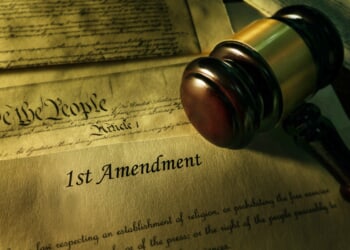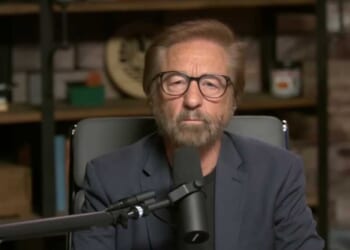
Democratic Rep. Sarah McBride of Delaware acknowledged in a newly released interview clip that many voters view the Democratic Party as “assholes” and believe the party doesn’t like them.
The admission comes as Democrats face mounting unfavorable ratings among registered voters, according to a Wall Street Journal poll published July 25.
The WSJ poll showed 63% of registered voters viewed the Democratic Party unfavorably, up from 58% in April.
Trump’s Sovereign Wealth Fund: What Could It Mean For Your Money?
The comments by McBride were made during an interview with Dasha Burns, Politico’s White House bureau chief, in a preview of “The Conversation,” scheduled for full release on Sunday.
“I think voters feel like Democrats have sort of been assholes to them,” McBride said.
“And I do think that a voter asks two questions when they’re considering who to vote for. The first question is, does this candidate, does this party like me?”
McBride, who is biologically male and made headlines for controversies surrounding bathroom use in the Capitol, continued, “And by extension, do they respect me, do they care for me? But do they like me? If you can’t answer that first question to a voter’s satisfaction, they won’t even get to the second question, which is, what does this party think, what does this candidate think? And I think we’ve lost that first question.”
This Could Be the Most Important Video Gun Owners Watch All Year
The remarks follow earlier criticism aimed at congressional Democrats for remaining silent during a key moment of President Donald Trump’s address to Congress in March.
During the speech, Trump introduced DJ Daniel, a child battling terminal brain cancer, who was made an honorary Secret Service agent.
When Secret Service Director Sean Curran presented DJ Daniel with his credentials, Republican members of Congress gave a standing ovation, while Democrats remained seated.
Burns pressed McBride on the contrast between President Trump’s unfavorable numbers and the increasing negative perception of Democrats, despite the unpopularity of some Republican policies.
“I do think that we have to basically create a tent that is united on three fundamental principles,” McBride responded.
“One is, working people need more support and help. Two, democracy and freedom are good. And three, we’re not gonna be a**holes to voters.”
McBride emphasized that political parties are increasingly defined by more than just elected officials, pointing to the impact of online voices that many voters associate with the broader Democratic coalition.
“Look, the reality in today’s environment is that your party ecosystem is defined not just by politicians or the party, but also some of the loudest voices online that, in voters’ minds, reflect and represent that broader coalition,” McBride said.
He added that online rhetoric from prominent progressive figures can shape how undecided or swing voters perceive the entire party.
“In a world where many voters get their news online, when we have an environment where we got some very loud people who are shaming and calling people who disagree with them, even just in rhetoric, bigots; when we have those folks saying that to a wide swath of voters, including voters we could win, and we aren’t explicitly stating something to the contrary, then a voter will then just paint us all with one broad brush,” McBride said.
WATCH:

![Trans Dem Rep McBride Admits Voters Think Democrats Are A**holes' [WATCH]](https://www.right2024.com/wp-content/uploads/2025/08/Trans-Dem-Rep-McBride-Admits-Voters-Think-Democrats-Are-Aholes-750x375.jpg)



![Gavin Newsom Threatens to 'Punch These Sons of B*thces in the Mouth' [WATCH]](https://www.right2024.com/wp-content/uploads/2025/08/Gavin-Newsom-Threatens-to-Punch-These-Sons-of-Bthces-in-350x250.jpg)
![ICE Arrests Illegal Alien Influencer During Her Livestream in Los Angeles: ‘You Bet We Did’ [WATCH]](https://www.right2024.com/wp-content/uploads/2025/08/ICE-Arrests-Illegal-Alien-Influencer-During-Her-Livestream-in-Los-350x250.jpg)








